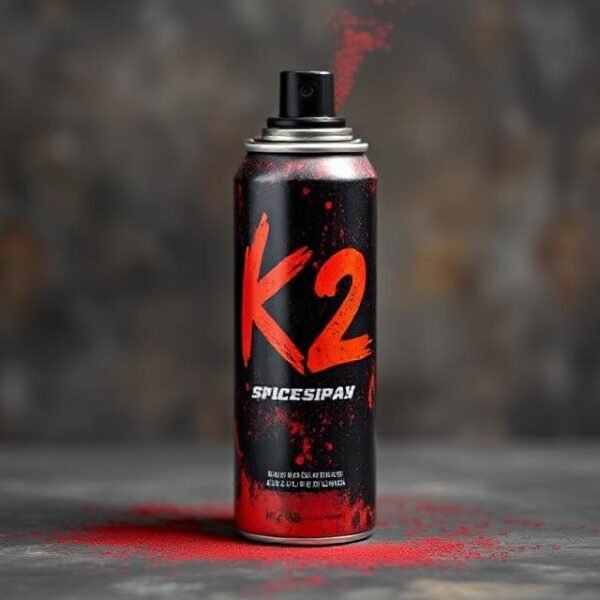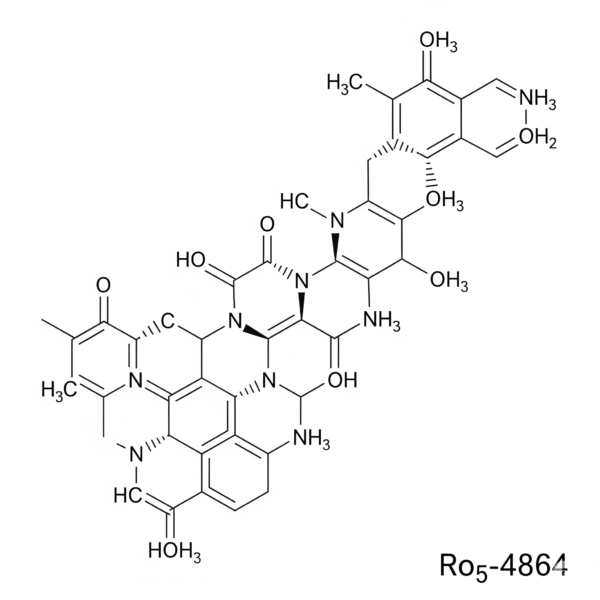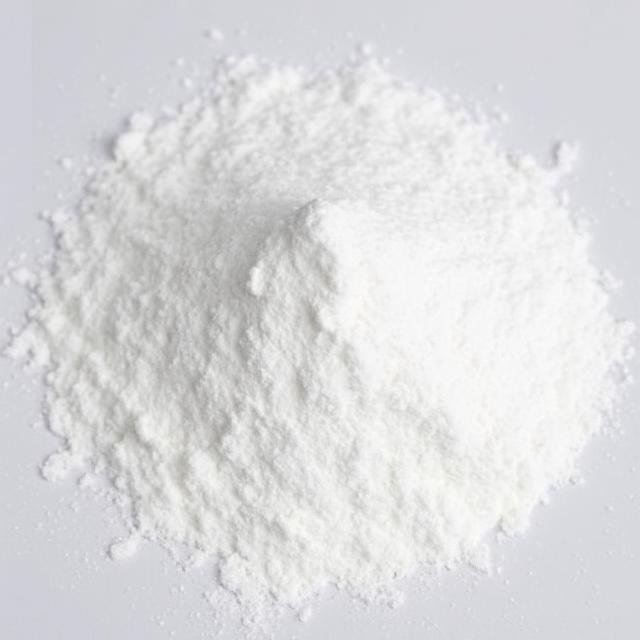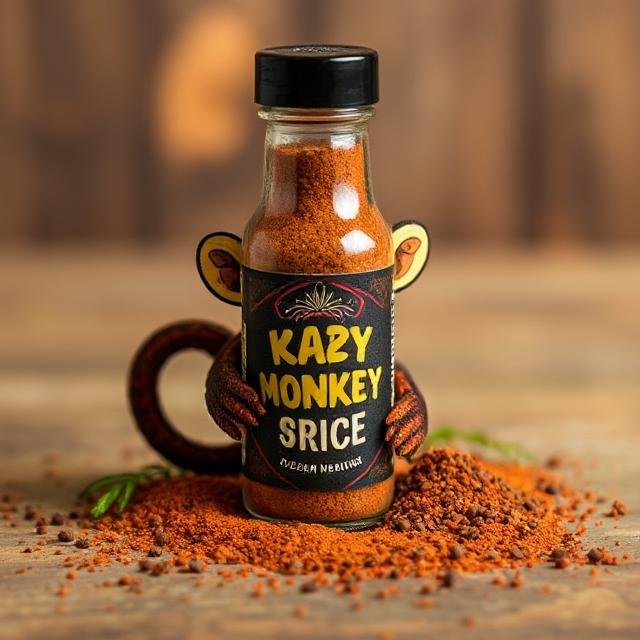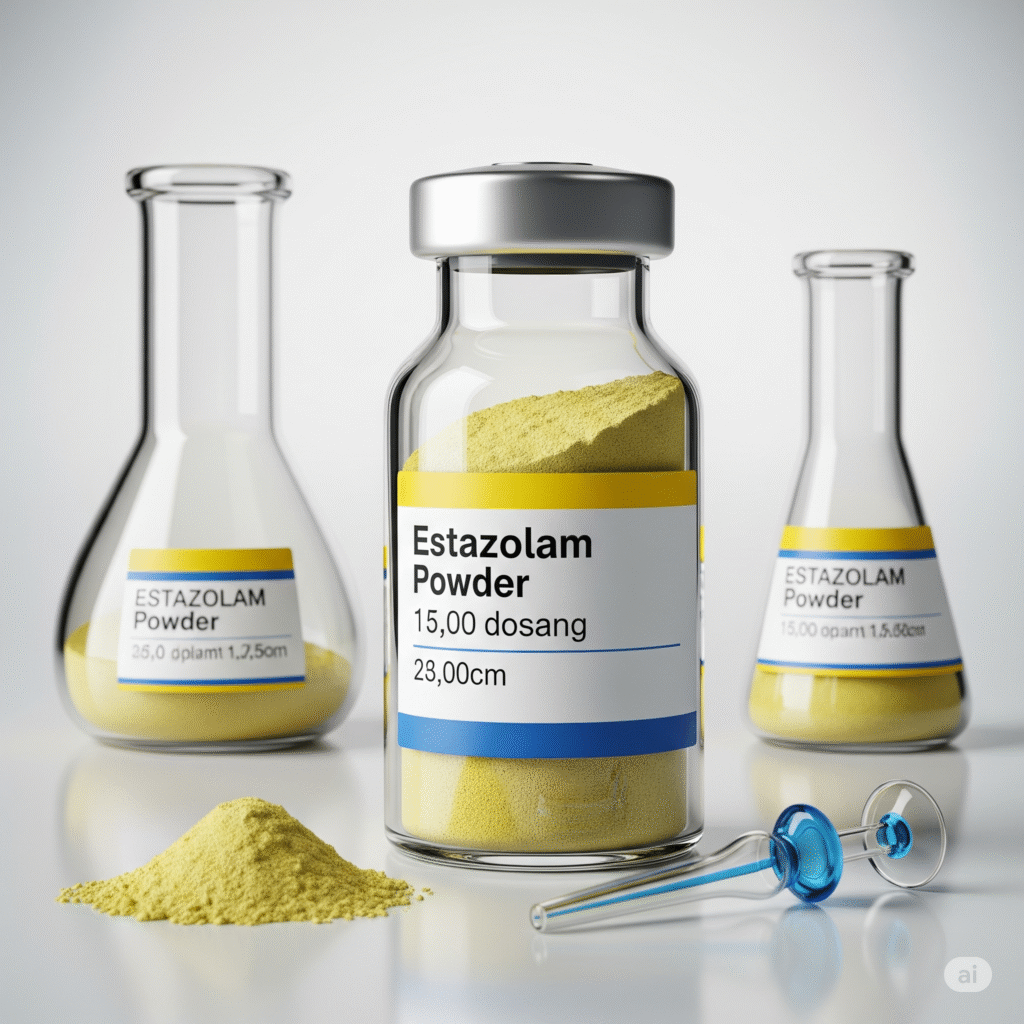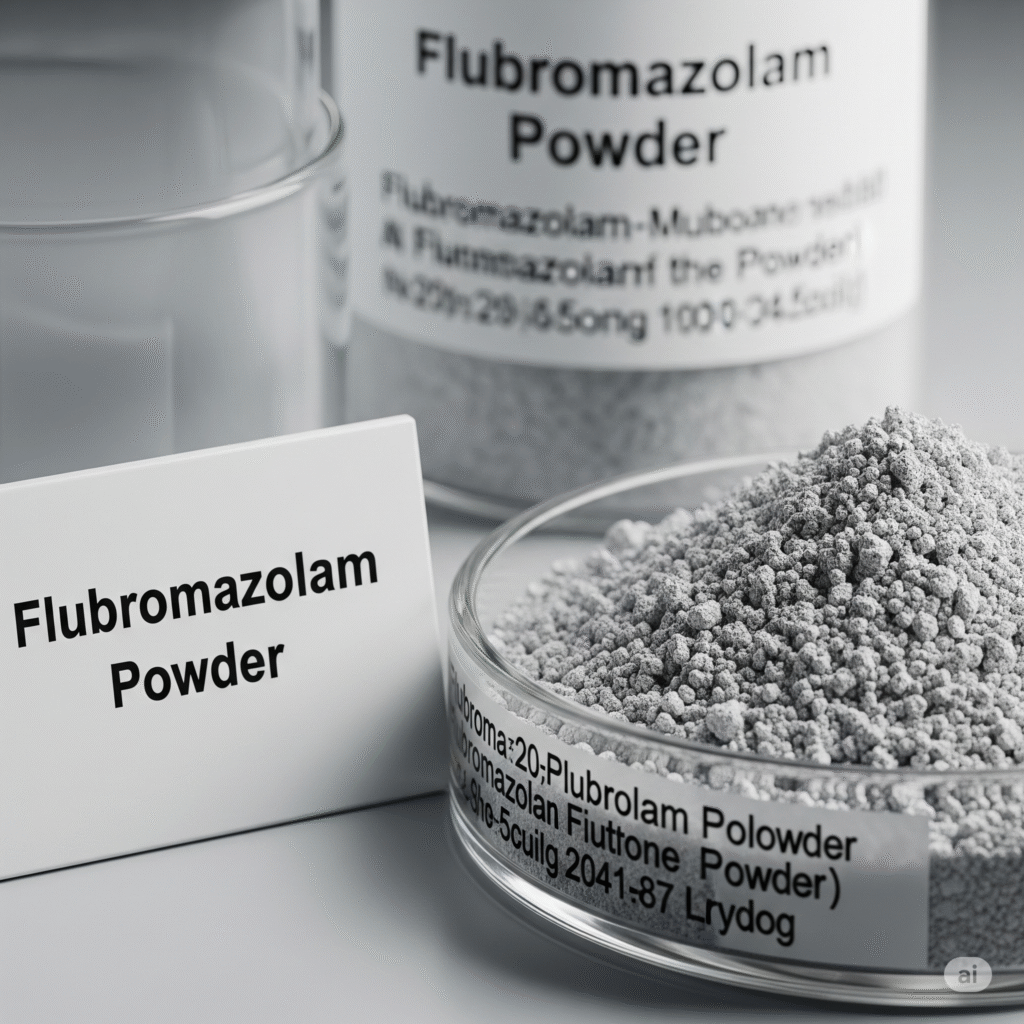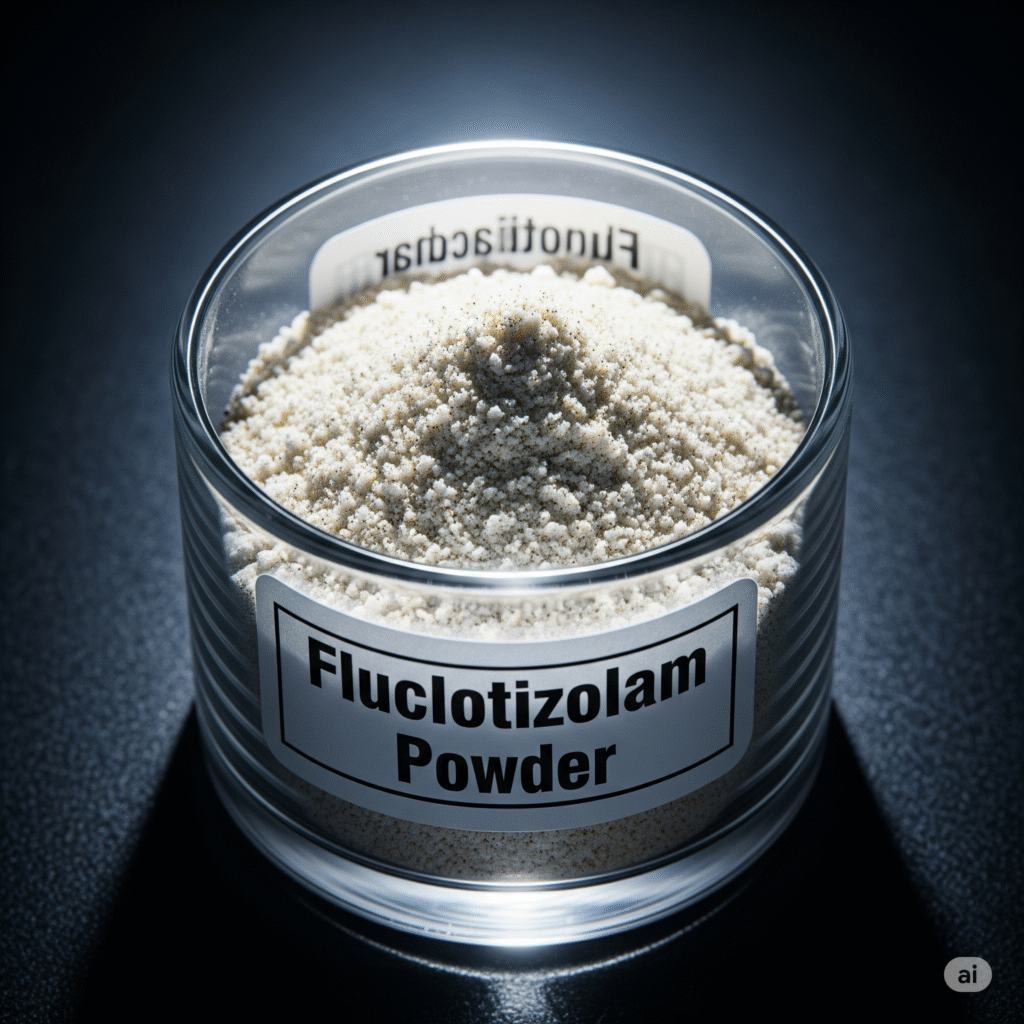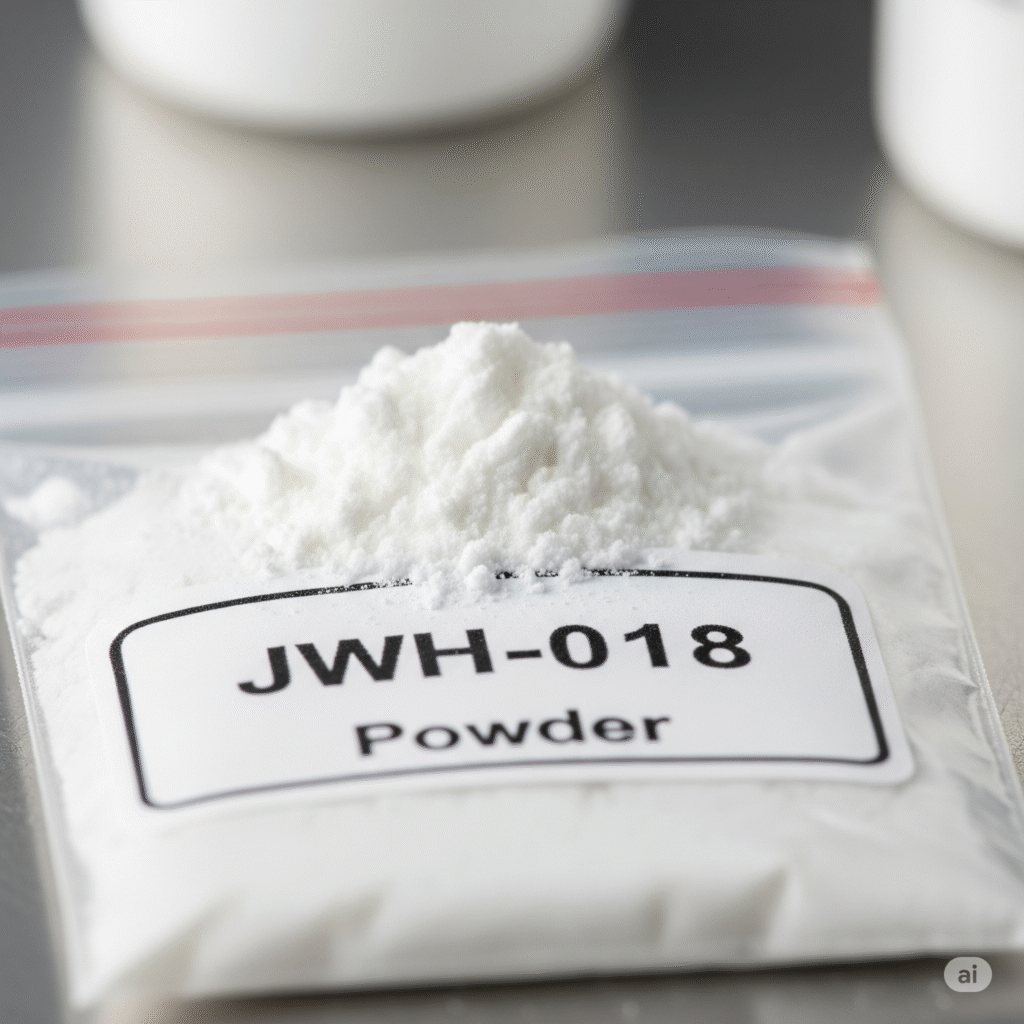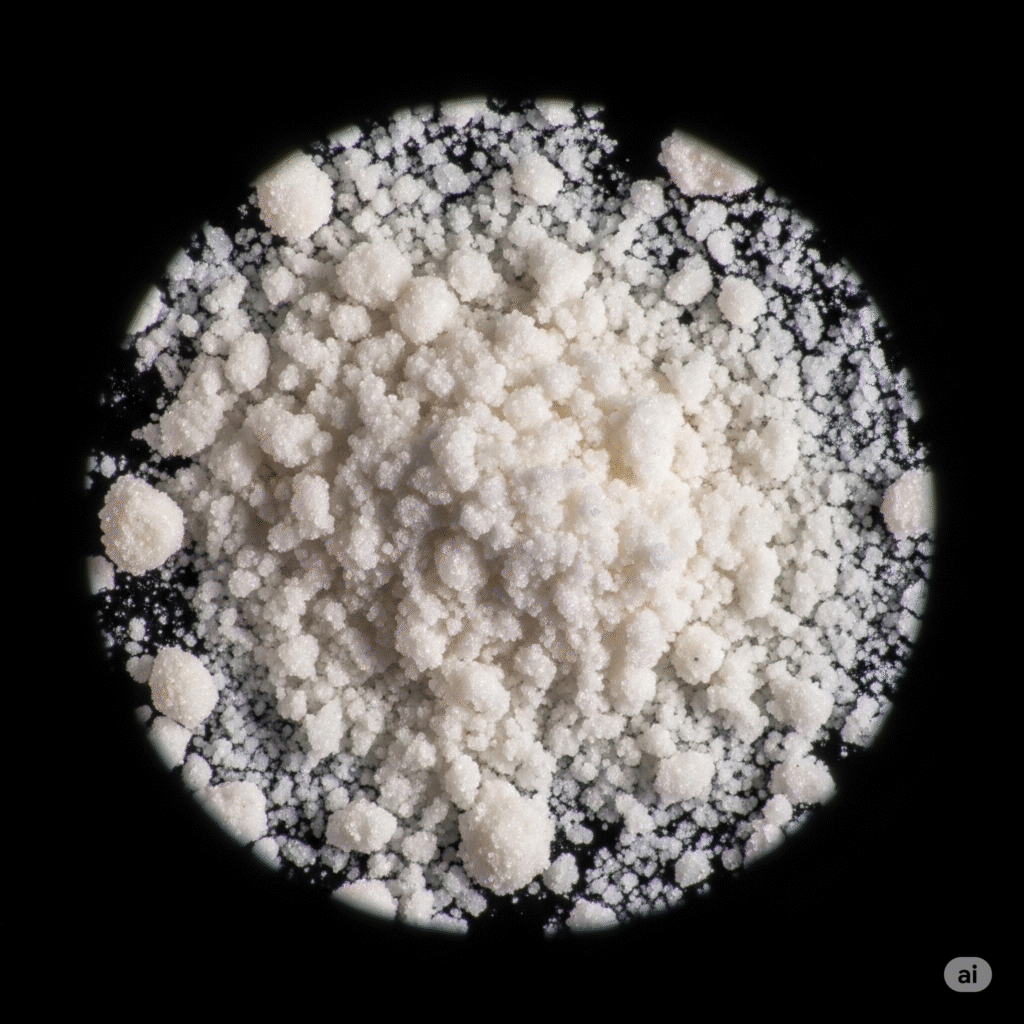Pagoclone Powder
Pagoclone Powder is a potent cyclopyrrolone-class research compound known for its high selectivity towards GABA-A receptor subtypes. This compound is strictly intended for scientific and laboratory use and is not for human consumption.
Product Name: Pagoclone Powder
Brand: Dopechem.com
Form: Fine Research Powder
Purity: ≥98%
Available Quantities: 100mg, 250mg, 500mg, 1g
$39.00 – $199.00Price range: $39.00 through $199.00
Pagoclone is a psychoactive research chemical of the cyclopyrrolone family, developed originally as an anxiolytic agent. At Dopechem.com, we offer Pagoclone Powder with laboratory-certified purity of ≥98%, ideal for advanced receptor binding research, behavioral pharmacology studies, and neurochemical investigations.
Pagoclone acts as a partial agonist at GABA-A receptors, primarily binding to the α1, α2, α3, and α5 subunits. Its unique receptor affinity has made it a popular candidate in preclinical studies aimed at understanding anxiety modulation without sedative effects. It has also been explored for its potential applications in speech disorder therapy and neuropsychiatric evaluation models.
The compound’s relatively low toxicity and mild pharmacological profile make it a valuable alternative to traditional benzodiazepines in animal testing. Researchers value Pagoclone for its fast action, stable formulation, and minimal interference in test data. Dopechem.com supplies this chemical in moisture-resistant, light-protective packaging for maximum stability.
⚠️ Pagoclone is not approved for human consumption. It is sold strictly for forensic, scientific, or laboratory research only.
Uses of Pagoclone in Research
GABA-A receptor binding studies
Neurochemical behavior modulation
Anxiolytic mechanism modeling
Comparative analysis with benzodiazepine analogs
Speech therapy applications (preclinical)
Potential Side Effects (If Misused or Inhaled)
Drowsiness
Dizziness
Cognitive impairment
Muscle relaxation
Mild euphoria or disinhibition
Dependency risk with prolonged exposure in test animals

